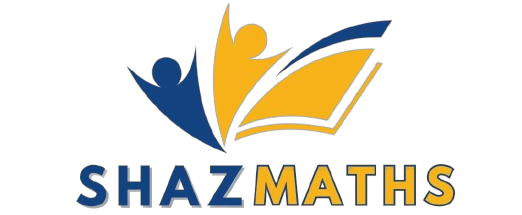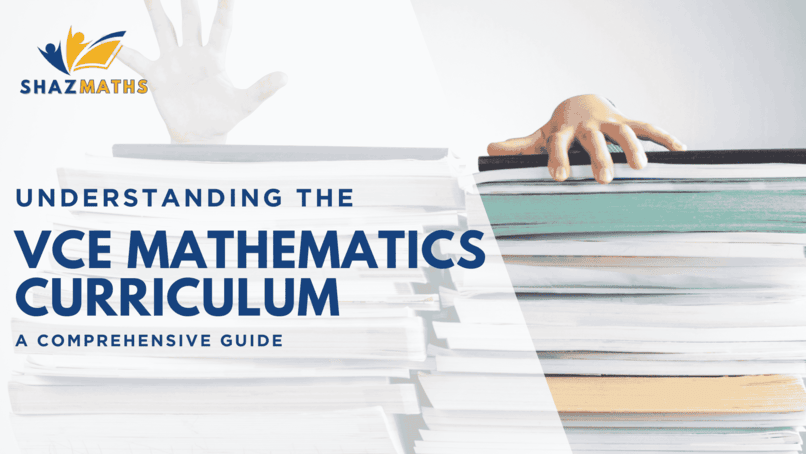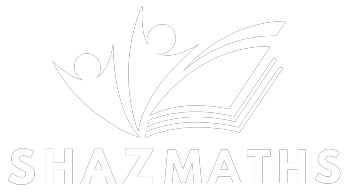Choosing the right pathway through the VCE Mathematics Curriculum can feel overwhelming, for both students and parents. With multiple subject options, varying levels of difficulty, and a strong influence on university admissions, understanding how it all works is essential for making informed decisions.
Whether your child is just beginning their VCE journey or in Year 12 preparing for final assessments, this guide breaks down everything you need to know about the VCE Mathematics Curriculum, in plain English.
What Is the VCE Mathematics Curriculum?
The VCE Mathematics Curriculum is part of the Victorian Certificate of Education (VCE), which is the credential awarded to secondary school students in Victoria upon successful completion of Years 11 and 12. It offers a structured approach to mathematics education that accommodates different skill levels and career aspirations.
There are four core VCE math subjects, each with its own focus and level of difficulty. Choosing the right one is key to your child’s academic success and future university or career plans.
Read More: What You Should Know About How Maths Is Taught in Australian Schools
Breaking Down the VCE Math Subjects
Let’s take a look at each of the VCE math subjects, their purpose, and who they’re best suited for.
1. Foundation Mathematics
- Level: Entry-level
- Best for: Students who don’t require advanced mathematics for university courses.
- Focus: Real-world applications like budgeting, interpreting data, and problem-solving.
Foundation Maths is ideal for students pursuing non-STEM pathways or apprenticeships. It’s all about practical numeracy rather than abstract theory.
2. General Mathematics (Units 1 & 2) / Further Mathematics (Units 3 & 4)
- Level: Mid-tier
- Best for: Students entering fields like business, humanities, and social sciences.
- Focus: Statistics, matrices, financial maths, and modelling.
In Year 11, students take General Maths. If they continue in Year 12, it becomes Further Mathematics. This is the most popular VCE maths subject due to its versatility and manageable difficulty.
3. Mathematical Methods
- Level: Advanced
- Best for: Students interested in engineering, science, IT, or commerce.
- Focus: Algebra, calculus, probability, and functions.
Mathematical Methods lays the foundation for higher-level math thinking and is often a prerequisite for STEM degrees at university.
4. Specialist Mathematics
- Level: Highest
- Best for: High-achieving students aiming for mathematics, physics, or engineering.
- Focus: Complex numbers, vectors, advanced calculus, and proofs.
Specialist Mathematics must be taken alongside Mathematical Methods. It’s challenging but extremely rewarding for mathematically inclined students.
Choosing the Right VCE Math Level
Understanding VCE math levels is crucial for long-term planning. While some students may thrive in Methods or Specialist, others may find their strengths better suited to Further or Foundation. There is no “better” or “worse” choice—just the right fit.
Consider:
- Career and university prerequisites
- Strengths and interests in math
- How confident the student feels about abstract concepts
Tip: Speak with a teacher or tutor before finalizing your child’s subject selections.
VCE Math Study Tips for Success
No matter which subject your child chooses, smart study habits can make all the difference. Here are some proven VCE math study tips to help students stay on track:
- Start early: Don’t wait until exam time. Begin revision as soon as classes start.
- Practice past papers: The VCAA releases official exams. Use them for real-time practice.
- Understand, don’t memorize: Especially in Methods and Specialist, understanding concepts is key.
- Ask questions: Whether in school or with a tutor, never hesitate to clear doubts early.
- Stay consistent: Break topics into weekly goals. Regularity beats cramming.
Want more strategies? Check out our post on “How to Study VCE Math Like a Pro.”
VCE Math Explained – What’s in the Exams?
Each subject in the VCE Mathematics Curriculum includes internal school-based assessments (SACs) and a final external exam. Here’s what students can expect:
Further Mathematics
- Exam 1: Multiple-choice questions
- Exam 2: Short-answer and extended-response
- Modules: Students focus on two application modules, such as recursion or networks.
Mathematical Methods
- Exam 1: No calculator, algebra-heavy questions
- Exam 2: Calculator allowed, application-focused questions
- Key Concepts: Functions, graphs, calculus, probability
Specialist Mathematics
- Exam 1: No calculator, deep understanding required
- Exam 2: Calculator allowed, often conceptually demanding
- Key Concepts: Proofs, complex numbers, vectors, and advanced calculus
Why the VCE Mathematics Curriculum Matters
The VCE Mathematics Curriculum isn’t just about numbers—it’s about unlocking potential. Whether a student dreams of becoming a doctor, data scientist, architect, or business analyst, the right math pathway can open doors to exciting opportunities.
More importantly, learning math builds critical thinking, logic, and problem-solving skills that go far beyond the classroom.
How Shazmaths Can Help You Navigate VCE Mathematics
At Shazmaths, we understand that navigating the VCE Mathematics Curriculum isn’t easy. That’s why we offer both face-to-face and online classes—tailored specifically to your child’s level and learning style.
With over 11 years of experience teaching VCE Maths in Melbourne, we’ve helped hundreds of students:
- Improve their grades
- Build confidence in difficult topics
- Prepare effectively for SACs and final exams
- Achieve their university goals
Our sessions are small, focused, and personalized—ensuring every student gets the attention they need.
Book a free trial class today and see how the right guidance can change everything.


